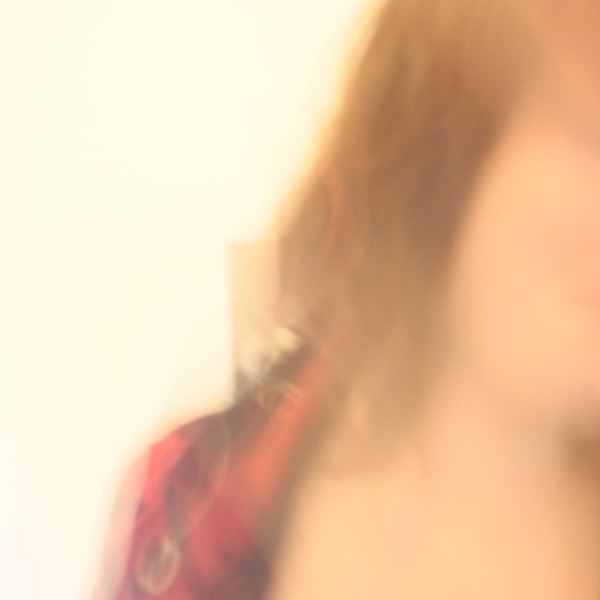Those who did get drawn into the brief and more organic chasm that is last year’s Pyramid may be unsettled to hear that Blackwidow, the next album from Sleep In that is quick on its predecessor’s tail, is a return to the beat-driven atmospherics that were located on debut Raining Glass. Although this shouldn’t drive anyone away, and if you weren’t taken in by Pyramid, then you might do well to give Hamish Duncan – the young Australian behind the Sleep In moniker – another chance. Blackwidow is a cohesive monster that can be beguiling at the best of times and dissonant at the worst. Nonetheless, it still uses many of the same tricks found on the previous two records with its heavy sampling, thick overbearing gestures and abstract combinations.
There’s an erratic quality present throughout which can grow to be charming once you get to know the tracks a little better, and in turn it conjures up some interesting comparison. Duncan never sounds like any other artist indefinitely, but there will be moments when you’ll suddenly be reminded of them before the mood changes or a beat comes into the picture. “Mountain Climbers” begins on gloopy and dripping synths that recall the early and underrated work of Múm, opening “Inner Ear Park” (a Department of Eagles pun?) echoes Thom Yorke’s solo work with it twitchy beats and sad buzzing, and the first 30 seconds of “Shrimp Flanders” sounds like a missing channel from my Buddha Machine.
But as I said, these comparisons have evaporated as soon as you pinpoint them, which is a shame because I’m confident that if he chose to explore more ambient territory Duncan could create something rather interesting. If not, even if he narrowed his focus a little he might get somewhere he hasn’t thought of looking. His ideas are good in themselves but sometimes I wish he just stuck with the one and made it last until it became truly enveloping.
That’s not to say that his often varying soundscapes aren’t impressive and well constructed. Previously mentioned “Shrimp Flanders” might begin on an ambient note but it quickly moves into new territory that boasts thick electronic tones and an almost dubstep-like beat before throwing in a surprising (but well fitting) mariachi sample as it tantalizingly turns another corner. “NYC” floods the listener with a blast of awakening noise before sinking into deep tremulous beats. He then adds a glistening layer which has an oriental sound to it, making for a curious contrast that almost echoes a description the city in the song’s title. But perhaps the best juxtaposition and combination is “Mother Russia”; the excellent buzzing riff and the loosely skipping (but heavy sounding) beat utilize brass and opera samples that make for a distinctive listen. Any defining quality the female singer might have had originally is dissolved in a bed of reverb, but who’d have thought opera could sound so good with a trip-hop beat added in?
As solid as Blackwidow is as a whole, it also works surprisingly well in smaller segments. Taking individual songs out of context makes them sound more alive and “on” than when flowing from another. You begin to notice the smaller things a little easier this way – hidden layers and the individual sounds of each song. They might seem insignificant at first, like the hushing repetition that opens and closes “Hash Percent,” but you realise soon enough that the little things can be just as effective as the big overwhelming gestures.
Blackwidow does in some respects feel like a hastened gesture by Duncan to return to more comfortable and less definable grounds. Being his third album in less than a year, you begin to wonder how the construction of it came about. At times it feels like the result of a few sleepless nights accumulating in the hazy “Hash Percent,” which swells gradually before it clicks and winds down to the last silent seconds of the record like the exact moment one falls asleep. “NYC” and “Blood Of Ink” even appeared on a bonus disc to last year’s Pyramid, suggesting that his work is always ongoing, moving from one idea to the next before bringing it all together in one album. Personally, Duncan’s most defining moment musically is on his debut, Raining Glass, with the song “You Used To Smile, Now All You Do Is Scream…” which sounds articulated and precise in every gesture. Once again I do not mean to say that his work since hasn’t had a refined quality, but rather Duncan might do well to do as his signature name suggests and have a lie in before he starts again. A few extra hours sleep might do him a lot of favours.

